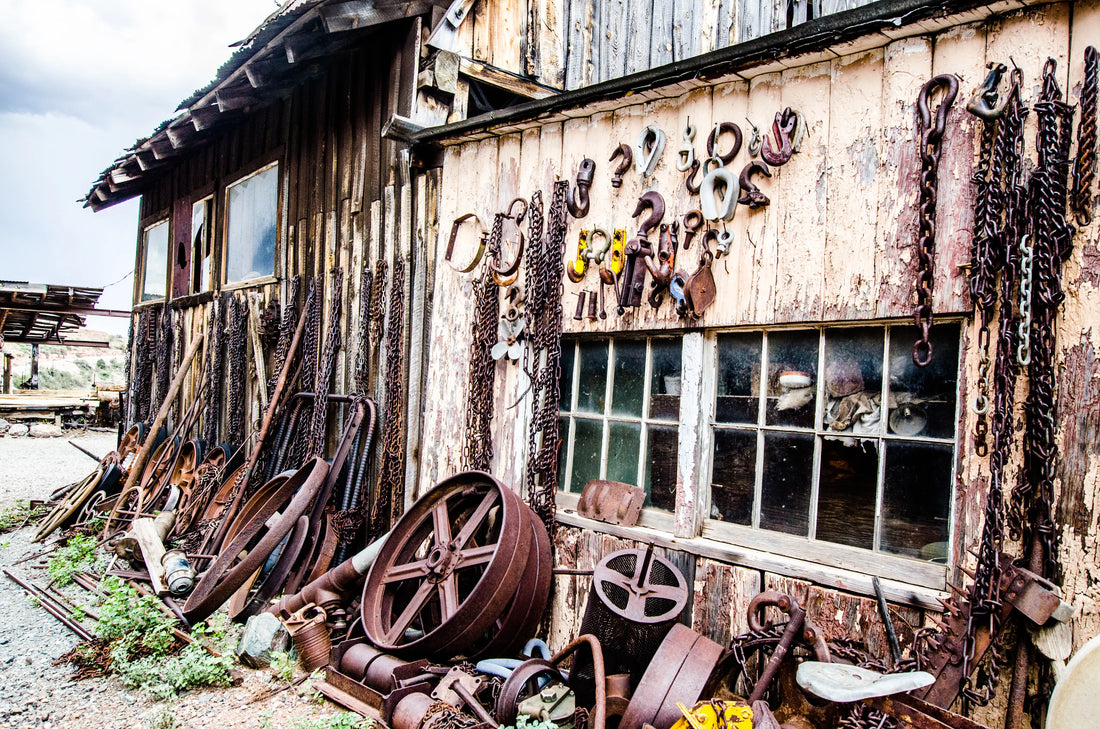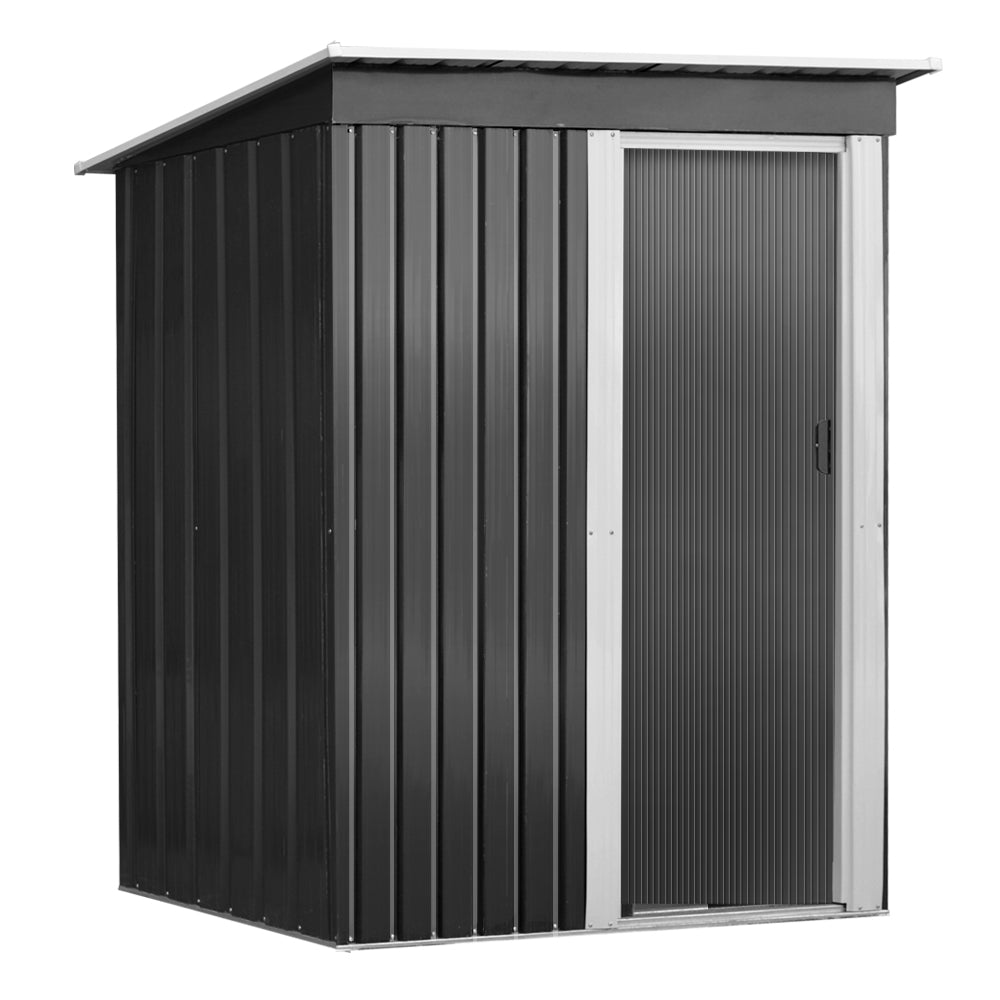
The Psychology of Clutter: Why We Hold Onto Stuff—and How to Finally Let Go
Let’s be honest—we’ve all got a drawer, a cupboard, or an entire garage filled with stuff we haven’t touched in years. It might be the baby clothes your kids have long outgrown, or a collection of cords and chargers for devices you no longer own. At Smart Storage AU, we know firsthand that clutter isn’t just about space—it’s deeply emotional.
As the founder, I’ve lived this. My own garage was once a minefield of nostalgia, unfinished projects, and "just-in-case" items. I know how heavy that can feel. This post is for people like me, who want to reclaim their space—and a little peace of mind.
The Emotional Reasons We Hold Onto Stuff
"Stuff" isn’t always about laziness or lack of time. More often, it’s about emotions and identity. Here are some of the most common psychological reasons we hold on:
- Memory Anchors: Items become placeholders for special moments—the outfit your baby wore home from the hospital or the concert tee from your first big night out.
- Guilt Gifts: We feel obligated to keep things we never liked, simply because someone we care about gave them to us.
- Aspirational Clutter: We keep the juicer, the guitar, the gym gear for the person we wish we were, not the one we are today.
- Fear of Scarcity: The "what if I need this someday?" trap makes it hard to part with anything that might be useful (even if it hasn't been used in a decade).
Quick Tip: Ask yourself: "If I lost this in a flood tomorrow, would I replace it?"
The Hidden Cost of Clutter
We often underestimate how much clutter costs us emotionally and mentally:
- Increased stress: Studies show that cluttered homes elevate cortisol levels, especially in women.
- Decision fatigue: The more things you see, the more your brain has to process, even if you’re not actively engaging with them.
- Lost time: Australians spend an average of 4.5 days a year looking for misplaced items. That’s time you could be spending with your family, exercising, or relaxing.
- Reduced productivity and peace: A messy space makes it harder to focus, harder to rest, and harder to enjoy your home.
Letting Go With Compassion, Not Shame Decluttering doesn’t have to mean becoming a minimalist overnight. It’s about finding balance and giving yourself grace. Here’s how:
- Start small: Don’t take on the whole house at once. Start with one drawer or one shelf. Celebrate small wins.
- The "Second Life" mindset: Someone else might need what you no longer use. Donate, gift, or sell items that still have life left in them.
- Thank and release: Inspired by the KonMari method, thank the item for its service, then let it go.
- Use a letting-go checklist: Having steps to follow gives structure to the emotional task.
Founder’s Note: "When I finally tackled my own garage, I found baby toys my kids had long outgrown and a surfboard I hadn’t touched in years. Letting them go didn’t erase the memories. It just made space for new ones."
Smart Storage That Supports the Journey You don’t need to throw everything away. Some items matter. And for those, storage should be purposeful, functional, and calming.
At Smart Storage AU, we offer:
- Clear, stackable tubs to keep seasonal items visible and accessible.
- Modular garage shelving systems for those tricky corners.
- Under-bed and behind-door solutions for discreet but effective storage.
Our mission is to help families like yours organise what matters, and store it in a way that supports everyday life.
Final Takeaway Letting go doesn’t mean losing your past. It means making room for what’s next. Whether you’re downsizing, decluttering, or just trying to find the floor of your garage again, you don’t have to do it alone.
We're here to support you—with empathy, solutions, and the understanding that life gets messy. But storage? That can be simple.
Ready to begin?
- 🚚 Shop our most loved storage solutions <Click here>
- 💬 Message us if you need a hand getting started. We’re here to help.

